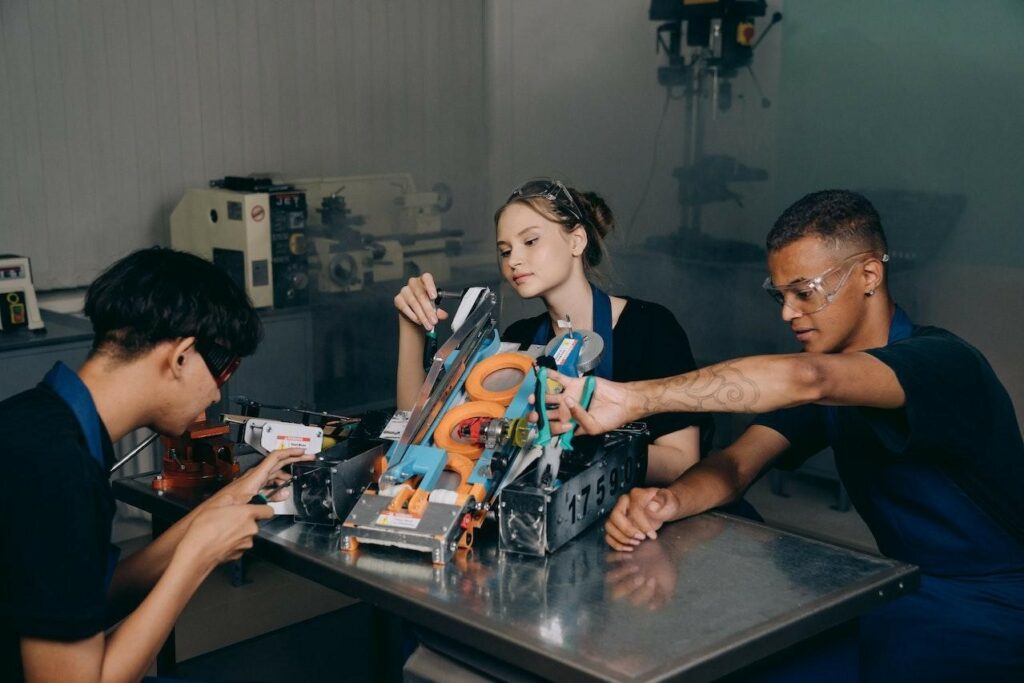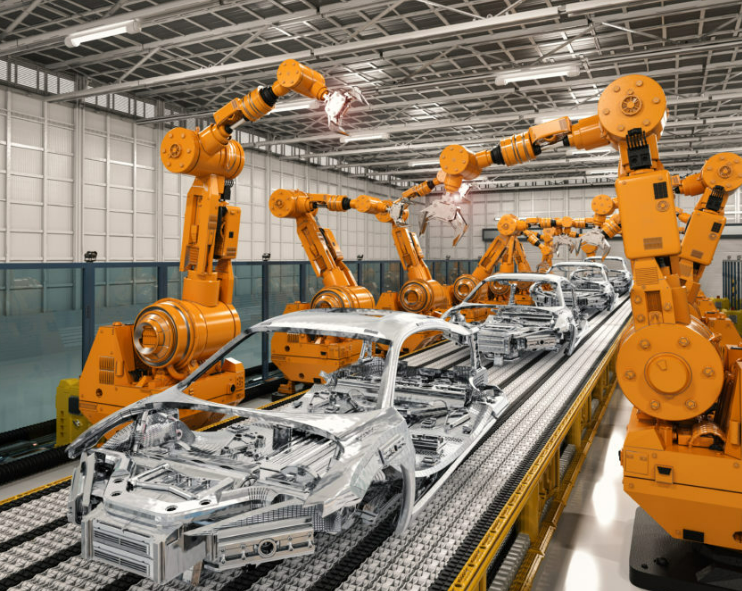Resources for Manufacturers: Tools for Streamlining Operations and Ensuring Efficiency
Manufacturing is an ever-evolving industry, with new challenges and technologies emerging regularly. To stay competitive, manufacturers must adapt by adopting tools that streamline their operations and improve efficiency. From implementing lean manufacturing principles to integrating advanced software systems, there are myriad resources poised to revitalize manufacturing processes. Below is a closer look at some of the best tools and practices modern manufacturers can leverage.
How ERP Systems Optimize Manufacturing Operations
Enterprise Resource Planning (ERP) systems are essential for modern manufacturing, providing an integrated view of core processes like finance, supply chain, and customer relations through a common database. An effectively implemented ERP system can lead to significant cost savings and improved efficiencies by streamlining the procure-to-pay cycle, enhancing inventory management, and optimizing resource allocation. This holistic approach enables manufacturers to make informed strategic decisions.
As companies seek to enhance their capabilities, manufacturing ERP software becomes crucial for supporting growth and facilitating market expansion with minimal disruption. These systems are evolving to incorporate IoT, AI, and machine learning, enabling advanced analytics and business intelligence. By predicting trends and recommending process improvements, ERP systems empower manufacturers to proactively manage production lines and supply chains in an unpredictable market.
Emerging Technologies Transforming Manufacturing Efficiency
Emerging technologies like the Internet of Things (IoT), artificial intelligence (AI), and 3D printing are revolutionizing manufacturing by providing new ways to monitor, analyze, and enhance production processes. IoT devices gather real-time data for optimization and maintenance planning. AI advances improve quality control and failure detection, reducing defective products and downtime. 3D printing revolutionizes prototyping and production, cutting costs and time in bringing new products to market.
Robotics play a critical role in complex operations, enhancing productivity and safety. Collaborative robots (cobots) work alongside humans, enhancing productivity and safety. Advancements in materials science provide manufacturers with new substrates and composites that can withstand harsh environments and offer longer lifespans, enabling product innovations that were once deemed impractical or impossible.
Implementing Lean Manufacturing Principles to Reduce Waste
Lean manufacturing is a systematic approach to waste minimization in manufacturing systems, aiming to increase efficiency and reduce waste by prioritizing resource expenditure for value creation. Key practices include continuous improvement, optimizing flow, and promoting a culture of quality and excellence.
Lean manufacturing also incorporates techniques like just-in-time production, which requires accurate demand forecasting to reduce overproduction and inventory costs. Visual management tools and standard work practices are also part of the lean framework, facilitating clear communication and preventing errors and non-conformances that lead to waste. This approach promotes a culture of quality and excellence in the manufacturing industry.
The Role of Automation in Streamlining Production Lines
Automation has significantly impacted the manufacturing industry, streamlining production lines and increasing output. It eliminates human labor inconsistencies, leading to a steady production flow and rapid scaling to meet market demand. Successful automation relies on integration with sensors and software for real-time adjustments, ensuring optimal equipment performance.
As automation technology advances, robots become more adaptable, allowing quicker changeovers and reduced downtime. The future of automated production lines lies in responsive systems that can adjust dynamically based on current demands. Automation also enhances safety by taking over dangerous tasks and contributing to a healthier and safer work environment for the workforce.
Utilizing Data Analytics for Predictive Maintenance and Enhanced Decision Making
Data analytics has become essential in modern manufacturing, driving strategic decision-making and operational enhancements. With the wealth of data from equipment sensors, supply chain logistics, and customer interactions, manufacturers can gain valuable insights into their processes and market dynamics. Predictive maintenance exemplifies this, as it uses historical and real-time data to forecast equipment failures, reducing downtime and maintenance costs while extending machinery life.
Analytics tools help manufacturers make informed decisions by analyzing market trends and consumer behavior, ensuring product offerings meet customer needs. This data-driven approach fosters innovation in product development and marketing strategies. Implementing digital asset management for enterprise ensures that all digital assets, such as designs and documentation, are organized and accessible, promoting collaboration across departments and with external partners.
Overall, the combination of advanced technologies and systematic approaches is revolutionizing the manufacturing industry. These resources deliver the means to not only enhance efficiency but to also provide the agility needed to adapt to an ever-changing global market. With these tools at their disposal, manufacturers are well-equipped to face the future with confidence and a competitive edge.




2 thoughts on “Resources for Manufacturers: Tools for Streamlining Operations and Ensuring Efficiency”